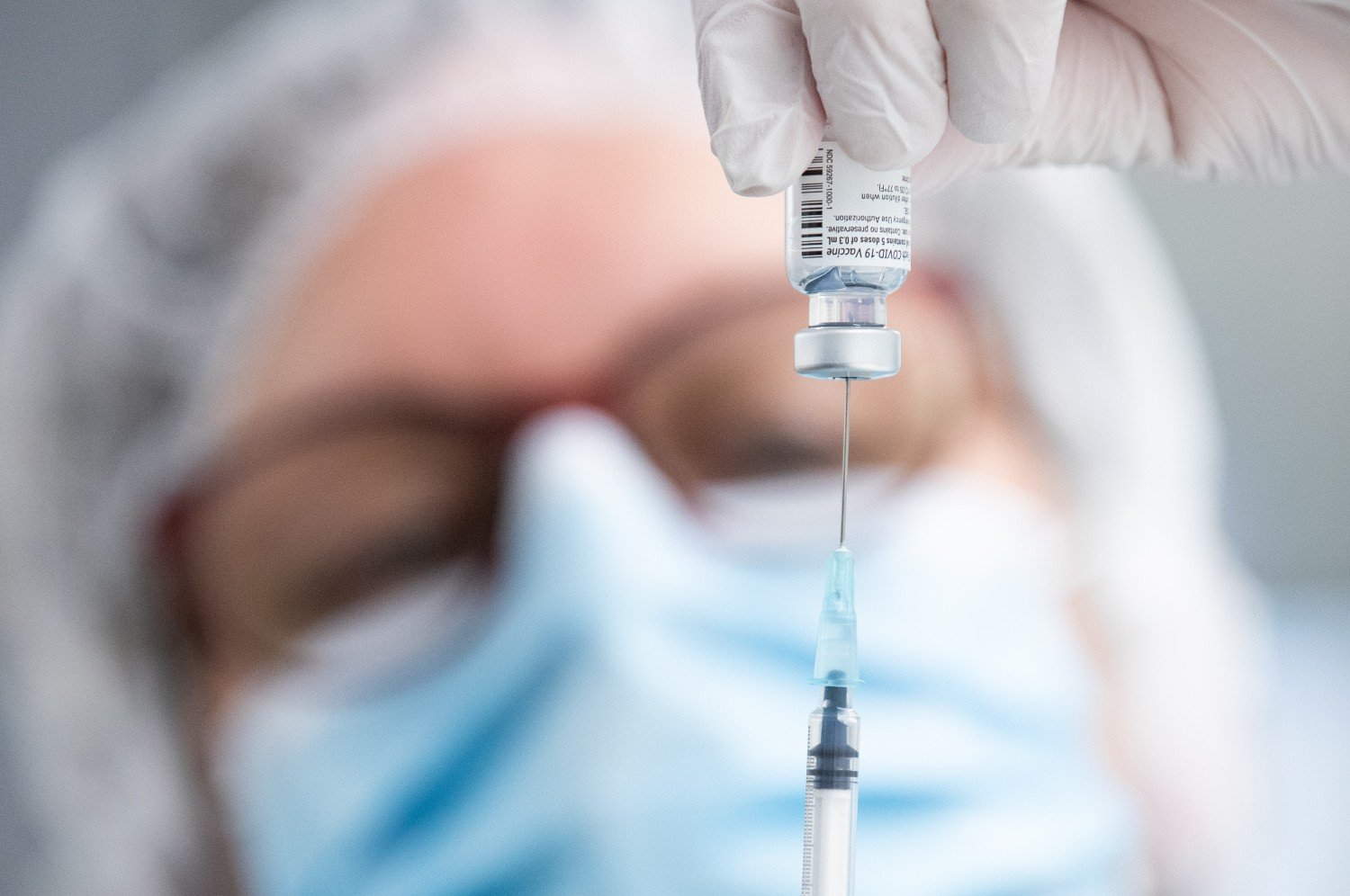“We have started the first step of vaccine production in our production facility in Marburg,” the company said in a statement.
The factory, whose launch was fast-tracked by German authorities, will produce mRNA, the active ingredient in BioNTech's vaccine developed with US pharmaceutical giant Pfizer.
It will then be purified and concentrated before being transported to a “production partner” to be finished.
READ ALSO: Germany's BioNTech racing to ramp up vaccine production
The European Medicines Agency (EMA) will carry out quality checks in February or March.
“The first vaccines produced at the Marburg site are expected to be delivered at the beginning of April,” BioNTech said.
The main European factory for producing the vaccine is Pfizer's plant in Puurs, Belgium.
Once fully operational, the new Marburg site in Hesse state will be one of the largest mRNA production facilities in Europe, with an annual production capacity of up to 750 million vaccine doses.
BioNTech plans to produce up to 250 million doses there in the first half of 2021.
“We continue to work with Pfizer on a series of measures to meet global demand,” said the company, confirming its goal of delivering two billion doses in 2021.
BioNTech bought the Marburg plant from Swiss pharma giant Novartis last year to ramp up vaccine production, and retained the 300 employees already working there.
READ ALSO: How BioNTech and Germany's Mittelstand worked together on the vaccine
BioNTech had announced in mid-January that it would have to delay shipments of the jabs to the EU due to necessary modifications at the Puurs factory, sparking ire across the bloc.
But the company said in early February it would meet its contractual commitments for the first quarter and pledged to send up to 75 million extra doses to the bloc in the spring.
The EU has ordered a total of 600 million doses of BioNTech and Pfizer's so-called Comirnaty vaccine.



 Please whitelist us to continue reading.
Please whitelist us to continue reading.
Member comments